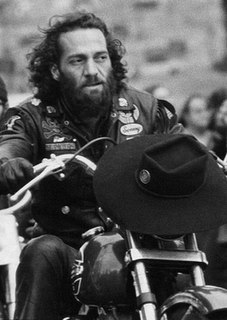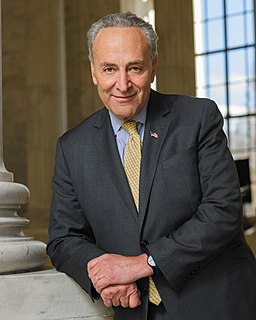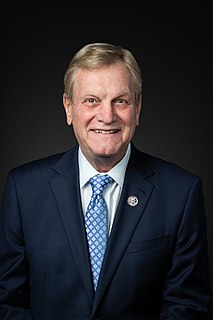A Quote by Mike Braun
One dirty tactic big pharmaceutical companies use is keeping drug prices artificially high through anti-competitive conduct, such as paying competitors millions of dollars to stop them from creating generic drugs.
Related Quotes
The same drugs are way cheaper in Germany than in America because, obviously, if all sickness funds negotiate with the drug companies for a single price, then the market power of the sickness funds is fully used. So therefore you would expect the prices to be lower for the drugs in Germany, and this is exactly what you see, at least for non-generic drugs.
If you talk privately to our tech companies, our pharmaceutical companies, our high-end manufacturing companies, the high end of America, where the good-paying jobs are, China is not letting them in unless China gets to steal their intellectual property in a company that`s 51 percent owned by the Chinese.
I was asked by the National Institute of Health to be their scientific discussant on the effects of these drug [Ritalin] at a big conference they held. Beforehand, I reviewed all of the important literature on the issue. Even with experiments on animals. When they're given these drugs they stop playing; they stop being curious; they stop socializing; they stop trying to escape. We make good caged animals with these drugs. And we make good caged kids by knocking their spontaneity out of them. And, Michael, the other thing is that these drugs enforce obsessive behavior.
Drug companies spend more on advertising and marketing than on research, more on research on lifestyle drugs than on life saving drugs, and almost nothing on diseases that affect developing countries only. This is not surprising. Poor people cannot afford drugs, and drug companies make investments that yield the highest returns.
I'll tell you what I'd do if it were up to me: I would establish a strictly controlled distribution network through which I would make most drugs, excluding the most dangerous ones like crack, legally available. Initially I would keep the prices low enough to destroy the drug trade. Once that objective was attained I would keep raising the prices, very much like the excise duty on cigarettes, but I would make an exception for registered addicts in order to discourage crime. I would use a portion of the income for prevention and treatment. And I would foster social opprobrium of drug use.































